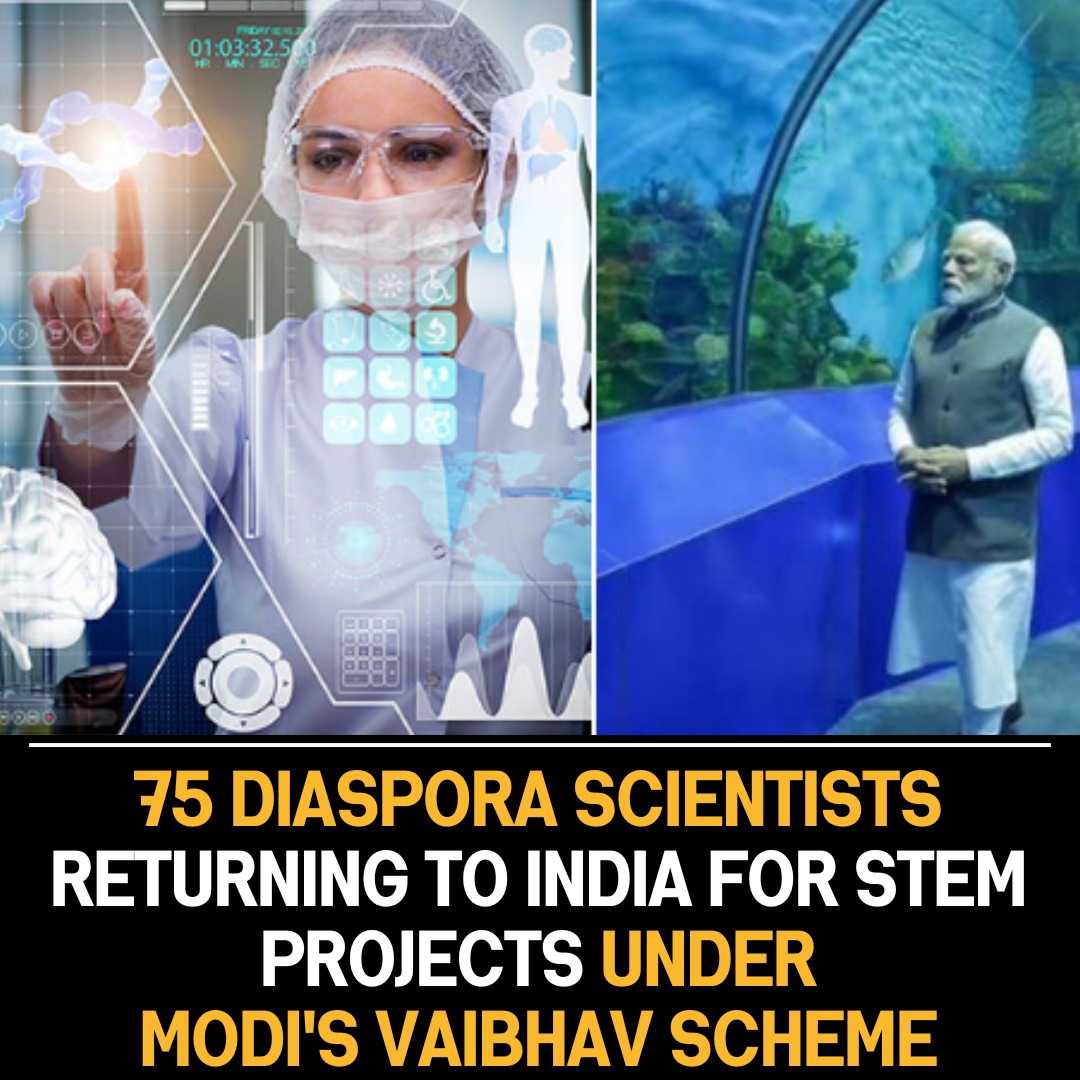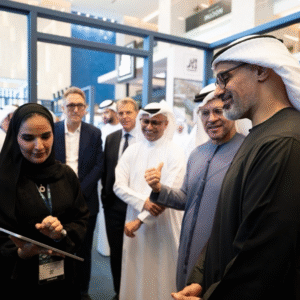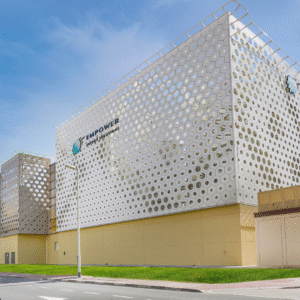In a significant development for India’s scientific community, 75 scientists from the Indian diaspora are set to return to the country under Prime Minister Narendra Modi’s Vaibhav (Vaishvik Bhartiya Vaigyanik) Scheme. This initiative aims to harness the expertise of Indian-origin scientists living abroad and integrate their skills into India’s scientific and research landscape, fostering innovation and technological advancements.
The Vaibhav Scheme, launched by the Indian government, seeks to bridge the gap between scientists in the diaspora and opportunities within the country. It encourages collaboration and knowledge exchange, with a particular emphasis on Science, Technology, Engineering, and Mathematics (STEM) fields. The return of 75 scientists is a testament to the success and appeal of this initiative.
The scientists, hailing from diverse STEM backgrounds, bring a wealth of experience and knowledge accumulated through their work on the global stage. Their decision to return to India reflects a shared commitment to contribute to the nation’s scientific and technological progress. The Vaibhav Scheme provides a platform for these scientists to leverage their skills in addressing challenges and driving innovation within the country.
The collaborative nature of the initiative is expected to enhance research projects across various domains. The returning scientists will likely engage with academic institutions, research centers, and industries to explore collaborative opportunities. This exchange of expertise is anticipated to have a cascading effect, not only in advancing ongoing projects but also in catalyzing new avenues of research and development.
The Vaibhav Scheme, with its emphasis on creating a conducive environment for scientific exploration, aligns with the Indian government’s broader vision of establishing the country as a hub for innovation and cutting-edge research. By attracting talent from the diaspora, India aims to position itself as a global leader in STEM fields and promote a culture of scientific inquiry and discovery.
The impact of this influx of scientific talent is expected to extend beyond research laboratories. The collaborative efforts facilitated by the Vaibhav Scheme may lead to the development of new technologies, advancements in medical research, and innovative solutions to pressing challenges faced by the nation.
As the 75 scientists prepare to return to India, there is a palpable sense of anticipation within the scientific community. The exchange of ideas, methodologies, and best practices is poised to create a dynamic and vibrant ecosystem for scientific research. The success of the Vaibhav Scheme hinges on the sustained engagement and integration of these returning scientists into the fabric of India’s scientific landscape.
In conclusion, the return of 75 scientists under Modi’s Vaibhav Scheme represents a transformative moment for India’s scientific community. This influx of talent from the Indian diaspora holds the promise of accelerating scientific advancements, fostering innovation, and contributing to the nation’s progress in STEM fields. The collaborative spirit of the initiative reflects a shared vision of building a future where India stands at the forefront of global scientific and technological endeavors.









